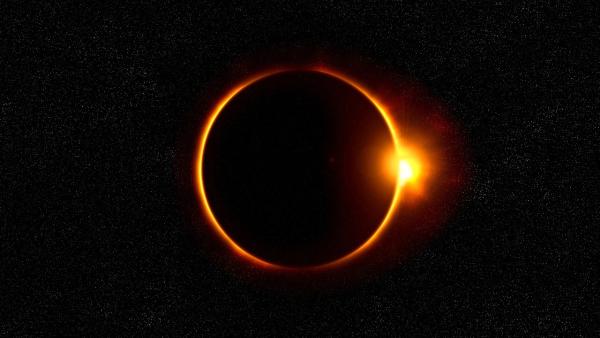During the last solar eclipse in the U.S. in 2017, 20 million of us drove into the path of totality to view this heavenly event. This time around – on Monday, April 8 – the path of totality will travel through major cities, so we might not need the car; we might simply walk outside. Nonetheless, Canadian researchers using data from our National Highway Traffic Safety Administration looked at the three-day interval around the 2017 eclipse.
They found that 741 individuals were involved in fatal crashes during that interval. When compared to a comparable “control” interval, the time around the eclipse resulted in a 1.31 relative risk.
“In absolute terms, this averaged to 1 extra crash-involved person every 25 minutes and 1 extra crash fatality every 95 minutes.”
This was a similar increase to the risk observed for July 4th or Thanksgiving. Here is a breakdown of risk by some pertinent considerations.
 The risks are more significant for younger “drivers” (no surprise there) but more for their passengers than those behind the wheel. Pro Tip: Fatality increases when the car's occupants are ejected from the vehicle; seat belts save lives.
The risks are more significant for younger “drivers” (no surprise there) but more for their passengers than those behind the wheel. Pro Tip: Fatality increases when the car's occupants are ejected from the vehicle; seat belts save lives.
The risk is greater when the weather is clear, and also in an urban environment.
Now actually during the eclipse, there is a decreased risk; since most people are stationary to watch the show. But those periods just before and after come with heightened risk. So maybe plan to get to your preferred observation spot early and not be in such a rush to leave.
In addition to wearing protective glasses, for those traveling to the totality, consider following the usual rules of road safety: Respect speed limits, avoid distractions, wear seat belts, and do not drive while impaired.
Source: Fatal Traffic Risks With a Total Solar Eclipse in the US JAMA Internal Medicine DOI: 10.1001/jamainternmed.2023.5234




